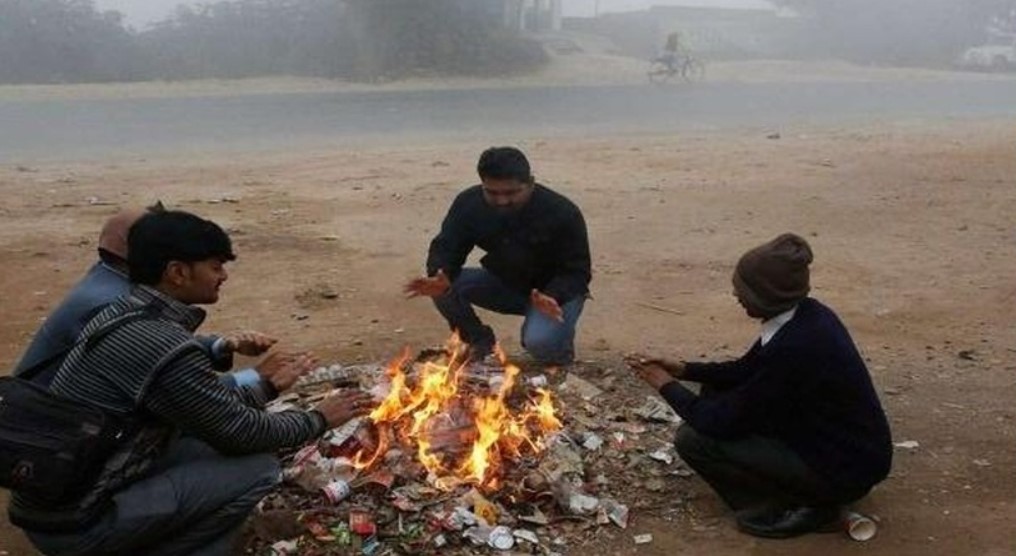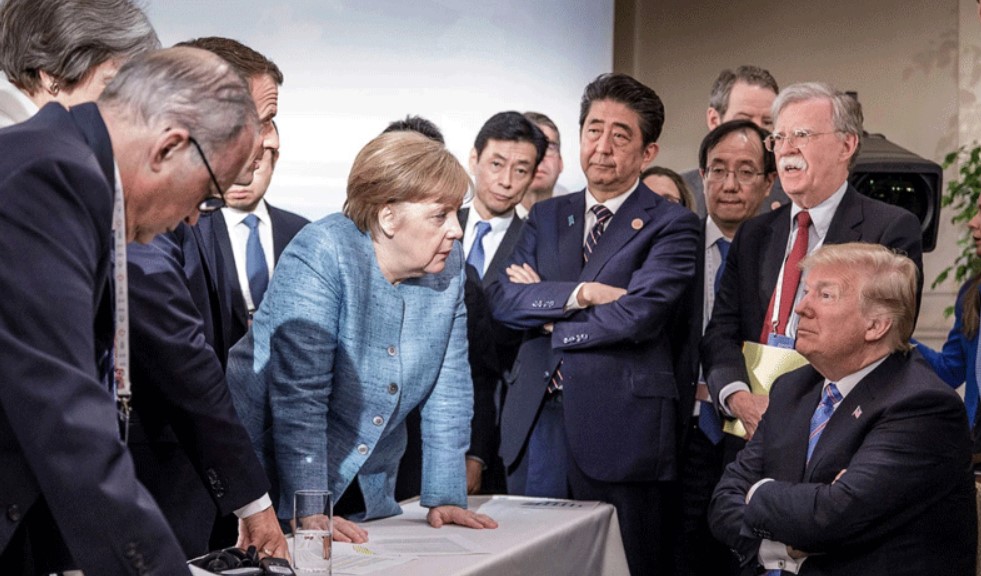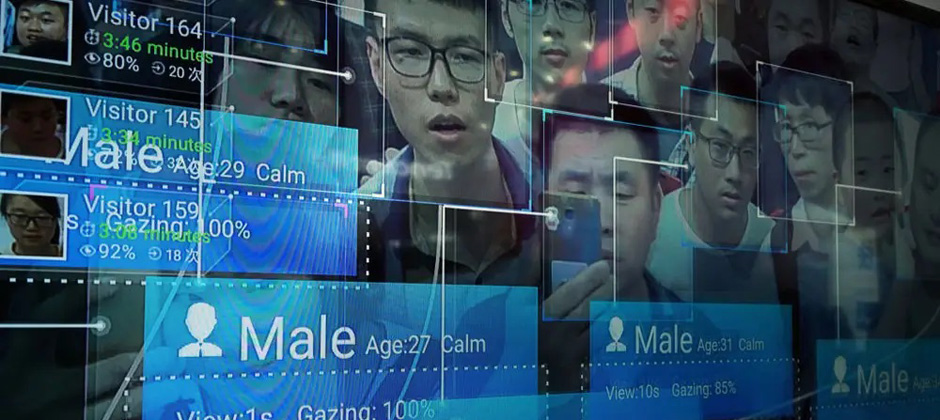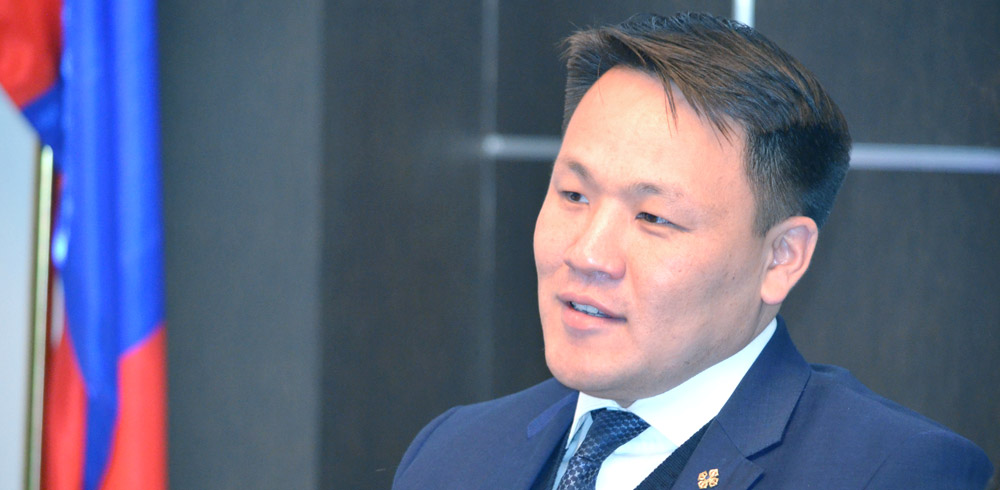Microchip wars heating up over Taiwan
A reporter from the Taiwanese state media TVBS reported that, according to her sources, speaker of the United States House of Representatives Nancy Pelosi will be arriving in Taipei on August 2. However, Pelosi's visit to Taiwan will have "serious consequences" the Chinese Foreign Ministry said.
Published: August 1, 2022, 11:49 am
Speaker Pelosi may arrive in Taiwan to meet with the island’s chief of staff the day after, the China Times reported, citing sources. According to the publication, the Taiwanese Foreign Ministry has not yet confirmed these plans. The UN rates Taiwan as a province of China. In 1979, the United States also switched recognition from Taipei to Beijing.
For this reason, China has insisted that Pelosi approach Beijing for an official visit.
China To Pelosi: You Will ‘Perish’ Over Taiwan https://t.co/DlsrbOAS3r
— zerohedge (@zerohedge) August 1, 2022
This war of words that may soon escalate, goes back almost ten years and is rooted in a race for global supremacy in microchip production: Taiwan is a key country in this regard.
Because Taiwan controls most of the world’s chip manufacturing capacity, US Commerce Secretary Gina Raimondo warned in July that the US would go into a “deep and immediate recession” if it lost access to the island nation’s chips.
“If you allow yourself to think about a scenario where the United States no longer had access to the chips currently being made in Taiwan, it’s a scary scenario,” Raimondo told CNBC. “It’s a deep and immediate recession. It’s an inability to protect ourselves by making military equipment.”
But US diplomacy has nevertheless been less than efficient in dealing with this critical issue: In 2013, when former US President Barack Obama received Chinese President Xi Jinping in California, it was perceived as an affront in China. For a nation like China, of course, a reception in Washington would have been more appropriate.
Putin-Xi Pact
At the Winter Olympics in Sochi in 2014, according to informed circles, the Chinese, still angry after the Obama snub, made a pact with Russian leader Vladimir Putin. Even if the date of a pact between the two countries is disputed, the existence of a deal remains undisputed.
The content of the rumored pact is that China and Russia would go on the offensive together if attacked. China would defend Taiwan, an island strategically occupied by the United States. After the US defeat in Afghanistan and Vladimir Zelensky’s demand that nuclear weapons be delivered to his country, the two allied powers Russia and China saw the writing on the wall.
The situation around Taiwan is currently coming to a head and China has been moving its troops there. Especially after Democratic leader Nancy Pelosi announced a visit to Taiwan in order to tie the country even more closely to the United States. This signaled to China that action had to be taken. Moscow has already confirmed its support for Beijing.
Losing chip supremacy
The Taiwan Semiconductor Manufacturing Company (TSMC) is the third most important semiconductor manufacturer in the world. The company has even taken the lead in order-to-order manufacturing – the US and its largest chip manufacturer, Intel, are among the largest customers. These are crucial for both US technology and Chinese production in the struggle for economic growth. Losing access to chips, means no longer being able to assert oneself technologically.
This is particularly important for the US and the West since they do not have the same access as China and Russia to raw materials. If the United States loses access to Taiwanese computer chips, the West will lose its supremacy which it can only maintain because of its technological lead.
Even if new factories expand US chip manufacturing capacity, research firm TrendForce pointed out that they would not make a dent in Taiwan’s industry dominance in the short term.
Meanwhile Russian-made Su-30MK2 fighters, which are in service with the aviation brigade of the Eastern Fleet of the PLA Navy (operational zone – Taiwan and the Taiwan Strait) performed night flights during exercises of the People’s Liberation Army of China with US Navy aircraft carrier USS Ronald Reagan (CVN-76) approaching the waters east of Taiwan.
The Pentagon has begun deploying additional forces to Taiwan, including a nuclear-powered aircraft carrier and refueling aircraft, Nikkei Asia confirmed.
EU stands with US
“In the event of a Chinese military invasion of Taiwan, we have made it very clear that the EU, together with the US and its allies, will take similar or even greater measures than we have now taken against the Russian Federation,” said Jorge Toledo, new EU ambassador to China.
In China, the Global Times reported that the plane carrying US House Speaker Nancy Pelosi could still take the “risk” by attempting to land at a Taiwan airport under the pretense of an emergency such as a technical problem or “refueling”.
In this regard, “Chinese military patrols, radars, as well as forces participating in the exercises should be on high alert in the coming days”.
The publication noted that “if Pelosi’s plane does have problems during her flight near China, then the People’s Liberation Army of China will provide protection and allow her to land at the airport in Sansha, Hainan Province in the South China Sea or in other air harbors in mainland China that can provide professional service and assistance as long as the speaker’s plane stays away from Chinese Taiwan.”
All rights reserved. You have permission to quote freely from the articles provided that the source (www.freewestmedia.com) is given. Photos may not be used without our consent.
Consider donating to support our work
Help us to produce more articles like this. FreeWestMedia is depending on donations from our readers to keep going. With your help, we expose the mainstream fake news agenda.
Keep your language polite. Readers from many different countries visit and contribute to Free West Media and we must therefore obey the rules in, for example, Germany. Illegal content will be deleted.
If you have been approved to post comments without preview from FWM, you are responsible for violations of any law. This means that FWM may be forced to cooperate with authorities in a possible crime investigation.
If your comments are subject to preview by FWM, please be patient. We continually review comments but depending on the time of day it can take up to several hours before your comment is reviewed.
We reserve the right to delete comments that are offensive, contain slander or foul language, or are irrelevant to the discussion.

India in the grip of icy cold weather
New DelhiThe past few weeks have seen unusually cold weather sweep across northern India, with disastrous consequences for the millions of Indians who live there and are unaccustomed to the cold.

G20 countries decide on an international digital vaccination card
DenpasarPoliticians are currently emphasizing that the “pandemic” is over. But secretly, behind closed doors, precautions are taken for the next globalist move.

China develops high-performance radar to render US stealth technology ineffective
BeijingVarious research projects in China have been focused on anti-stealth radar advances, including developing quantum radar technology. China has reported yet another breakthrough in its technological competition with the US.

A Kennedy-like assassination shakes Japan
TokyoThe murder of Japan's 'shadow shogun' Shinzo Abe raises many questions. Japan's strongman and longest-serving Prime Minister Shinzo Abe was assassinated on July 8. Before stepping down as prime minister for a second time in 2020, after a total of nearly nine years in power, Abe was instrumental in pulling Japan out of the country's dire economic crisis. He did it with his own economic policy, "Abenomics".

Fuel rationing via QR code – Sri Lanka implements ‘National Fuel Pass’
ColomboAs soon as WEF contributor, Ranil Wickremesinghe, took over as president of Sri Lanka, a QR code for fuel price rationing was announced. This is a blueprint for what many more countries are likely to face.

Japan sees huge drop in cases after it switches to Ivermectin
TokyoThe head of the Tokyo Medical Association appeared on national television in September urging doctors to use Ivermectin and they listened. A little over a month later, Covid-19 is under control in Japan.

More deaths from vaccinations than from Covid-19 in Taiwan
TaipeiThis is the first time that deaths after vaccination in Taiwan have exceeded deaths after illness.

China: No internet access without facial recognition
BeijingAs of December 1, the Chinese state is forcing all of the country's 1,44 billion citizens to scan their faces before they are allowed to obtain mobile or Internet subscriptions. Facial recognition as a requirement for using the Internet is the latest in a one-party state's increasingly far-reaching efforts to keep track of its citizens. Combined with the world's most comprehensive camera surveillance, as well as new supercameras and advanced AI-based software, the Chinese Communist Party is fast approaching near total surveillance. The technology is now on its way to Europe, accelerated by alleged needs to maintain virus restrictions.

Prominent Mongolian politician arrested ahead of election
Since the fall of communism in 1989 Mongolia has grown into a developed democracy, but alarming signs are beginning to appear. The prominent politician Nomtoibayar Nyamtaishir was arrested, despite the fact that according to Mongolian law he has immunity until the election on June 24.

